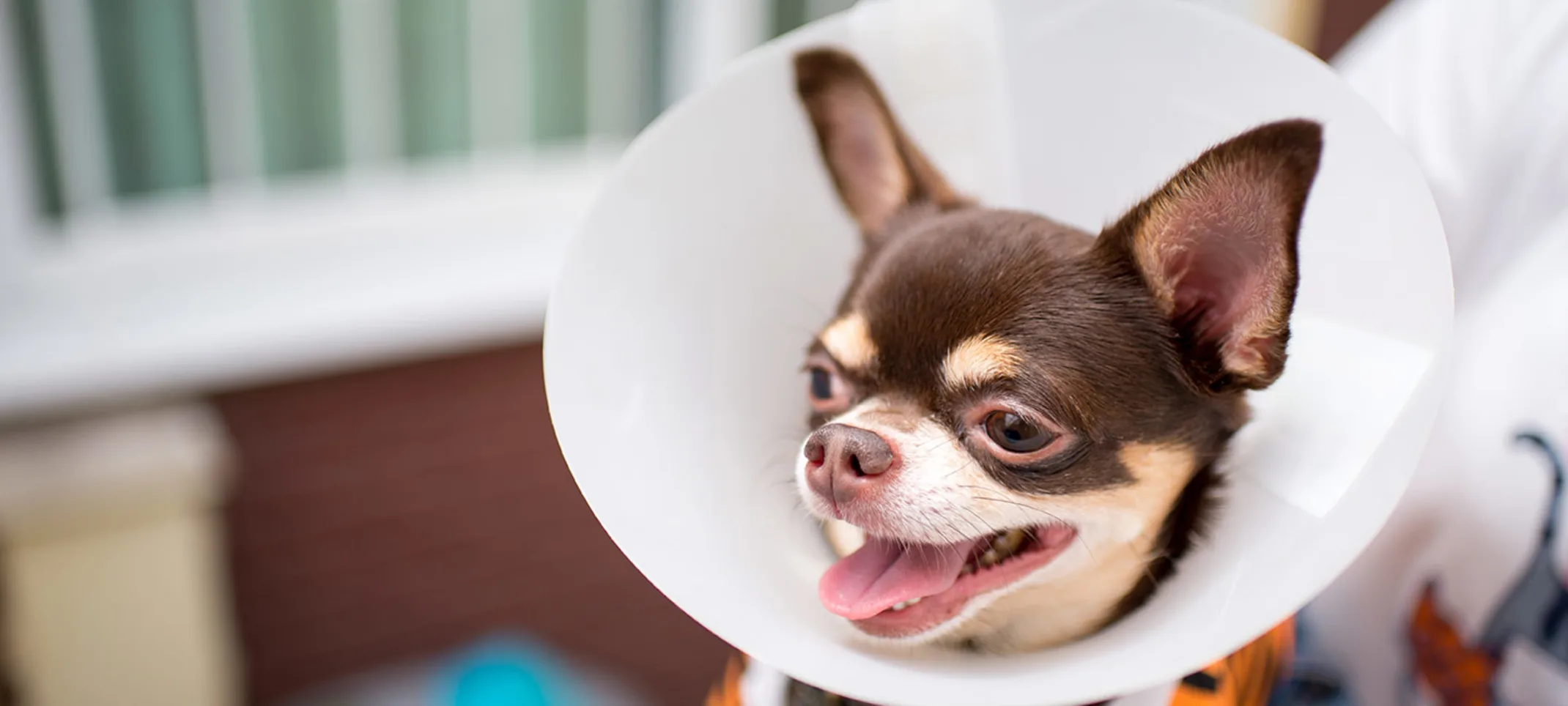Mira Lagos Animal Clinic
Soft Tissue Surgery
We perform soft tissue surgery for a number of medical reasons. This common surgery can be used for most anything non-joint or bone related.

Overview
Soft tissue surgery is any surgery non-joint or bone related, and can include ear, nose and throat, cardio-thoracic, hepatic, gastrointestinal, urogenital, skin reconstructive and oncological surgeries. If soft tissue surgery is recommended for your pet, we will do everything possible to keep them safe and comfortable before, during, and after the surgery.
Why would my pet need soft tissue surgery?
Veterinary soft tissue surgery is recommended for a variety of reasons. The most common soft tissue surgeries for animals are hernia repairs and mass removals. More advanced soft tissue surgeries include cystotomy, abdominal exploratory surgery, and splenectomy.
When would soft tissue surgery be needed?
Soft tissue surgeries are used for a wide array of medical conditions. These include "routine" procedures such as mass removals, trauma, and emergency surgery, wound management, and reconstructive procedures.
How do you care for my pet during surgery?
Our veterinarians adhere to the highest level of care standards for all surgical procedures. Our highly skilled doctors place the utmost emphasis on pain management to ensure your pet is safe and comfortable throughout the treatment process. We believe that keeping our patients safe and comfortable before, during and after surgery is of the greatest importance and an essential component of your pet's care.
Anesthesia
We use Sevoflurane anesthesia to safely and effectively put your pets under for surgery. This type of anesthesia is one of the best available and is considered the gold standard for human care as well. It also helps pets recover after anesthetic procedures. We’ll monitor your pet the entire time they’re under anesthesia and make sure everything goes smoothly.
Recovering from Surgery
Making sure your pet recovers smoothly and safely from surgery is just as important as the surgery itself. After your pet comes out of surgery, we’ll give you detailed instructions on how to provide the best aftercare for your pet so that they’re back on all fours faster.
Our Mansfield veterinarians will give you tips for:
Activity levels – Your pet will need to limit their activity while they’re recovering from surgery. Activities like running and jumping are discouraged, but we’ll let you know what your pet can and can’t do while they’re recovering.
Food and water – We will let you know what and when your pets are allowed to eat and drink. Sometimes, you’ll have to wait to give your pet a full meal, and sometimes they’ll be allowed to have a small snack.
Medication – We will send you and your pet home with medication that will help them recover quickly and painlessly. We’ll give you full instructions so you know what to give your pet and when.
Wound care – You will need to monitor the area that was operated on to make sure it heals without infection. Depending on your pet’s procedure, we might send your pet home with a protective collar to keep your pet from scratching or licking their wound.
